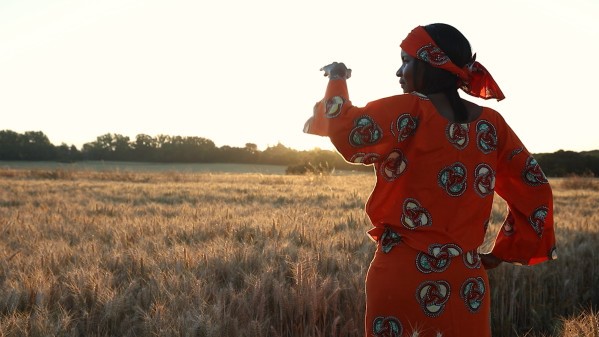
DSV’s humanitarian partners at the Danish Red Cross have developed a system that predicts natural disasters and sends a warning.
The system is called Forecast-based Action, and it uses weather data to determine the probability of a natural disaster occurring in prone areas.
One such area is Southern Africa, where natural disasters are becoming more frequent because of climate change, making the need for ways of predicting disasters ever more urgent.
In 2019 and into 2020, Zimbabwe has been hit by one of the worst droughts in decades, which, together with hyperinflation and economic collapse, has caused a food crisis that has affected up to six million Zimbabweans.
“We are proud to sponsor Forecast-based Action, which can help anticipate disasters and save lives. And when disaster strikes, we are ready to transport relief equipment to disaster-struck areas,” says Lindsay Zingg, Senior Director, Sustainability, at DSV Panalpina.
Danish Red Cross delegate Mike Powell explains how Forecast-based Action works:
“We are collaborating with stakeholders, government and NGO’s to develop effective forecast-models that can predict drought-conditions and dry spells.”
“By linking these forecasts with risk analysis, we are able to develop impact-based forecasts, which allow us to identify hazards ahead of time and to predict how many people that will be affected, where and how.”
อัพเดตข่าวสารและบทความที่น่าสนใจในอุตสาหกรรมโลจิสติกส์ก่อนใคร ผ่าน Line Official Account @Logistics Mananger เพียงเพิ่มเราเป็นเพื่อน @Logistics Manager หรือคลิกที่นี่
















